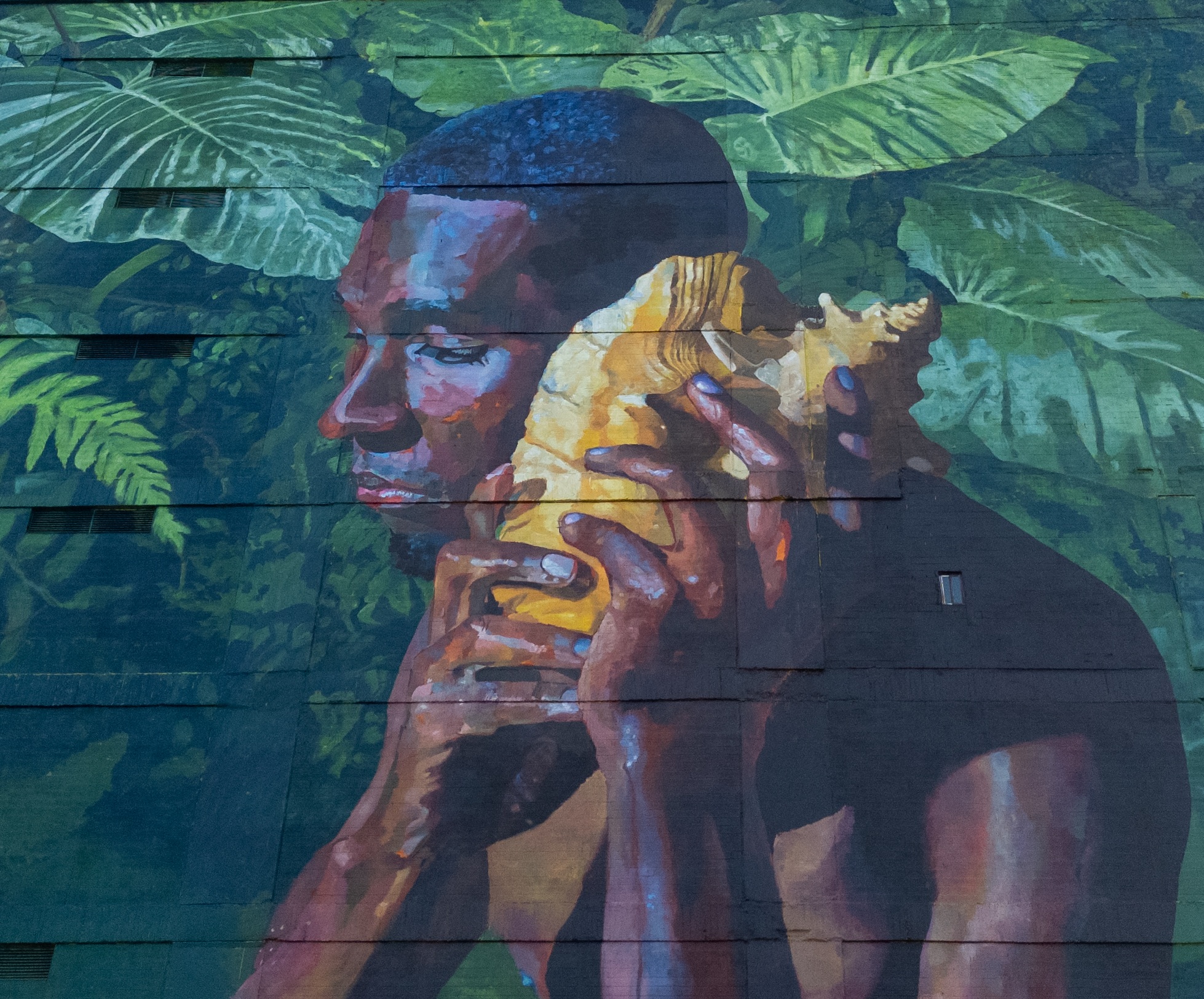Explore Issues
- Arts and Culture
- Decolonizing Thought
- Environmental Justice
- Health
- Languages and Education
- Science
- Social and Gender Justice
- Uncategorized
Filter by Country
-

Medellín Is Also Black
Colombia, 2026. Medellín is a place that has inspired songs such as “Me voy para Medellín” by El Combo de las Estrellas, “Medellín” by Madonna, and even “Medallo City” by Maluma, all of which praise its natural beauty, culture, and nightlife. However, the fantasy conveyed by the international music industry disappears just a few streets…
-

Medellín Is Also Black
Colombia, 2026. Medellín is a place that has inspired songs such as “Me voy para Medellín” by El Combo de las Estrellas, “Medellín” by Madonna, and even “Medallo City” by Maluma, all of which praise its natural beauty, culture, and nightlife. However, the fantasy conveyed by the international music industry disappears just a few streets…
-

Chile: A trans and Mapuche midwife at COVID-19
How to survive discrimination and bring life in the midst of the pandemic SOURCE: Presentes Agency Photos: Josean Rivera/Archivo Presentes A round of applause surprised her completely. They could be heard outside their house, but they sounded very close. Claudia Ancapán Quilape did not expect it, but those of the night of April 7 were…
-

Ecuador: Agrarian revolution in the midst of crisis COVID
With the COVID-19 crisis, the Ecuadorian nation state, like many other failed states, panicked and its reactions were late, with omissions and negligence towards its civilian population. For example, two months ago, salaries to state workers were suspended , but they have not stopped paying the foreign debt, nor have they suspended oil and mining…
-

Diverting Tribal COVID-19 Relief Funds into For-Profit Corporations
In an unprecedented demonstration of unity, Native nations and tribes across the United States are taking measures to prevent the US government from misappropriating funds meant for COVID-19 emergency relief. Six tribal governments from Washington state, Maine, and Alaska teamed up in a lawsuit against the US Department of Treasury to prevent losing the $8…
-

Facing COVID-19: A Time of Spiritual Fortitude
Originally published on NDN Collective, an organization that works to develop the collective power of Indigenous Peoples. We encourage all of our relatives throughout Turtle Island and beyond to take every precaution to protect yourselves, your loved ones, families, and entire communities. NDN Collective Statement on COVID-19 and Indigenous People As the new COVID-19 (Coronavirus)…
-

Solutions for Internet Access in Isolated Regions
Native communities have depended on their economic capacity to solve their communication services. Historically, there is a global attention deficit in this regard, for example, according to World Bank data, indigenous peoples “have less than half the access to cellular telephony than non-indigenous peoples,” and “between four and six times less internet access than non-indigenous…
-

More than 300 Groups in Abya Yala Demand Structural Changes Due to COVID
A coalition of more than 300 social, indigenous, peasant, union, and community organizations from multiple Latin American countries have launched a “Call of the Original Peoples, Afro-descendants and Popular Organizations of Latin America”, to make demands for immediate structural changes in the face of the global pandemic crisis. Indigenous, ethnic and social movement organizations recognize…
-

Honduras: The Garifuna People Seek Community Solutions to Pandemic
FROM THE EDITORS: We share a reflection by Miriam Miranda, president of the Honduran Black Fraternal Organization, OFRANEH, about the work they are doing around the COVID-19 emergency. This is a transcript based on an interview by Radio Temblor. We highlight the community efforts that are being made in Honduras, despite the abandonment of the…
-

Coronavirus Shows We Must Change How We Live or Face Self-Destruction
Indigenous knowledge has a lot to teach us about global pandemics. By now, it’s clear the coronavirus pandemic is one of the most serious collective events most of us alive today have ever faced. The spread of the virus has been a massive wake-up call for humankind, and not just in a scientific, logistical or…